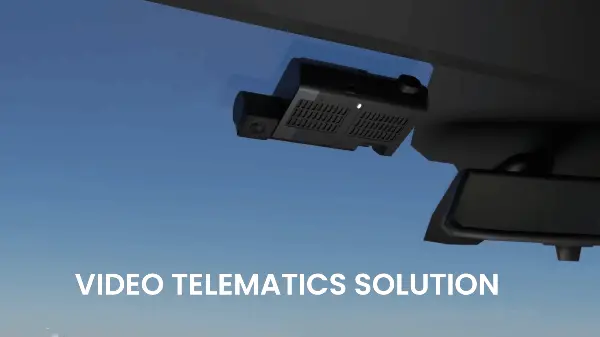In 2025, fleet safety and driver monitoring technologies are evolving faster than ever—but so are privacy and data protection laws. If your business uses GPS trackers or dash cams to improve efficiency and accountability, understanding the latest GPS tracking laws by state and national data privacy frameworks is essential to avoid compliance issues.
Why Fleet Tracking Laws Matter More Than Ever
Modern fleet management relies heavily on geo-tracking and dash cam footage to improve driver behavior, reduce accidents, and streamline logistics. Yet, these tools can also raise serious privacy concerns if used improperly.
Across the U.S. and Europe, governments have tightened regulations to protect drivers and employees from unauthorized surveillance. Violations—such as secretly installing a hidden GPS tracker or recording audio without consent—can result in lawsuits, hefty fines, or even criminal charges.
To stay compliant, fleet managers must strike a balance between operational insight and personal privacy.
Understanding GPS Tracking Laws by State
Each U.S. state sets its own rules on GPS tracking systems and audio/video recording. Here’s a breakdown of key legal principles:
-
Employer Monitoring: Most states allow businesses to use GPS locators on company-owned vehicles for legitimate business purposes. However, tracking an employee’s private vehicle without explicit consent is often prohibited.
-
Consent Requirements: In “two-party consent” states (such as California, Florida, and Pennsylvania), it’s illegal to record someone without their knowledge, even if the device is installed for security.
-
Personal Tracking Restrictions: Installing a secret tracking device for a car or a hidden GPS tracker for a person without consent may constitute electronic stalking under U.S. federal law.
-
Police & Government Use: Law enforcement agencies must typically obtain a warrant to deploy GPS devices for surveillance, under the U.S. Supreme Court’s United States v. Jones ruling.
For a detailed breakdown, Expert Market’s GPS Tracking Laws by State provides a comprehensive summary of local restrictions and permissions.
Are Dash Cams Legal in Commercial Vehicles?
Yes—dash cams are legal in most regions, but how you use them matters. According to GPS Insight and EcoTrack Fleet Management, fleets can install cameras in commercial vehicles provided they follow consent and data protection regulations.
Key compliance factors include:
-
Visibility and Transparency: Drivers should be informed that the vehicle is equipped with a camera and/or GPS tracker.
-
Audio Recording: Many states require dual consent before recording sound in the cabin.
-
Data Protection: Stored footage and GPS logs must be securely encrypted and deleted after a set period.
In some countries—such as Turkey—dash cam policies are evolving to promote both safety and privacy. See our related guide: How Turkey’s New Dash Cam Policy Protects Drivers and Passengers.
Legal Compliance Tips for Fleet Managers
To protect your business from legal risks:
-
Obtain Driver Consent: Always notify and get written consent before activating tracking GPS or video recording systems.
-
Use Certified Equipment: Choose professional-grade devices with encrypted GPS location tracking capabilities and adjustable privacy settings.
-
Limit Access: Ensure only authorized personnel can access stored footage or tracking data.
-
Update Privacy Policies: Clearly state how data is collected, used, and retained.
-
Educate Drivers: Transparency builds trust and ensures compliance.
If you manage large fleets, consider integrating a dash cam GPS tracker like the V7 Pro Dash Cam. It combines real-time location tracking with AI-assisted video analytics—helping businesses maintain accountability while complying with privacy regulations.
Recommended Reading
Final Thoughts
As GPS tracking systems and smart dash cams continue to reshape fleet operations, legal compliance has become as important as technical innovation.
The takeaway for 2025?
Fleet managers must stay informed, transparent, and ethical—leveraging the best technology responsibly. When done right, geo tracking and dash cam systems not only safeguard assets but also build a culture of trust and safety on the road.


